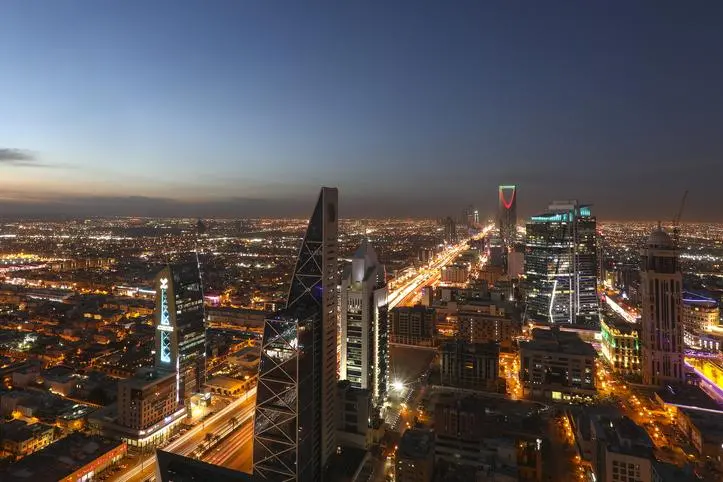PHOTO
Over the next decade, Mahd is expected to evolve into one of the largest sporting academies in the world, thereby increasing Saudi athletic competitiveness at regional and global levels.
The academy’s talent identification and development are inclusive with Mahd looking to increase the sporting competitive edge among men, women, and children (starting from the age of six) across more than 20 individual and group disciplines.
Under the supervision of top-tier technical and administrative experts, using science-based physiological and psychological conditioning, Mahd will cultivate a generation of Saudi talent equipped with unprecedented mental fortitude and athletic prowess.
But will the impact of the academy be exclusive to sports? Not quite. While sports-based outcomes will undoubtedly witness positive effects, the formation of Mahd will generate a plethora of second-order byproducts that are equally important.
Geopolitically, sports play an integral role as a vessel for diplomacy and soft-power projection. The academy will therefore act as an effective instrument of foreign policy for the promotion of the Kingdom’s soft power, strategic partnerships, and economic competitiveness.
The academy’s achievements — be it through a higher FIFA ranking or Saudi Olympic medals — will enable the Kingdom to cut through the noise of the global information society and provide the international community with a window into the uniqueness of Saudi culture and the ambition of its youth.
Mahd also has the potential to emerge as the main destination for sports clubs and athletes to organize training camps during the winter break in Europe where climate conditions are less favorable. During these training camps, athletes in the academy will be able to gain first-hand access to leading sporting figures and their technical expertise, ultimately advancing the local sports sector at large.
The benefits of Mahd will go far beyond soft power to improve national health and accelerate economic diversification — goals central to the Vision 2030 reform plan.
More specifically, Mahd’s success will positively impact the inflow of foreign direct investment (FDI) as well as the visibility and attractiveness of the Saudi tourism sector.
Research has indicated that the inflow of FDI is closely correlated with states’ ability to showcase their domestic economic potential and cultural attractiveness to the broader international community, and Mahd will serve as a powerful illustration of those factors.
Strategic partnerships are equally important: By creating and sustaining collaborations with leading sports academies such as Barcelona’s La Masia, Mahd can play a crucial role in Saudi cultural diplomacy.
It is uniquely positioned to enhance the attractiveness of Saudi tourism by exposing incoming delegations from leading sports academies to the Kingdom’s abundant cultural assets such as AlUla, a UNESCO World Heritage Site. This would help the Kingdom cultivate a unique competitive advantage in tourism through sports.
Economic and geopolitical byproducts aside, Mahd is central to national development insofar as it empowers the country’s youthful majority with a substantive vehicle to translate dreams into reality, creativity into action, and goals into accomplishments.
The academy’s role in empowering youth comes with positive policy implications. Young athletes will cultivate soft skills essential to thriving as a top-performing student-athlete, such as being receptive to constructive criticism, maintaining a cooperative team-player attitude, emotional intelligence, and self-leadership.
Professional soft-skill development at such a young age will ultimately yield positive effects on state employment and productivity levels by bridging gaps between education system outcomes and labor-market demands.
Athletes would therefore leave the academy with a robust, career-relevant skill set irrespective of whether or not they pursue a professional career in sports.
The launch of the academy is a clear indication that the Kingdom is thinking about sports strategically, viewing investments in the sector as a crucial part of Vision 2030 and the country’s reform-based trajectory more broadly.
On the outset, the academy’s impact may seem exclusive to the realm of sports, but when viewed analytically, it becomes quite obvious that it will produce positive economic, social, and geopolitical byproducts for years to come.
• Sultan Althari is an adviser and recent master’s degree graduate in Middle Eastern studies from Harvard University’s graduate school of arts and sciences.
@sultanalthari
Copyright: Arab News © 2021 All rights reserved. Provided by SyndiGate Media Inc. (Syndigate.info).





















